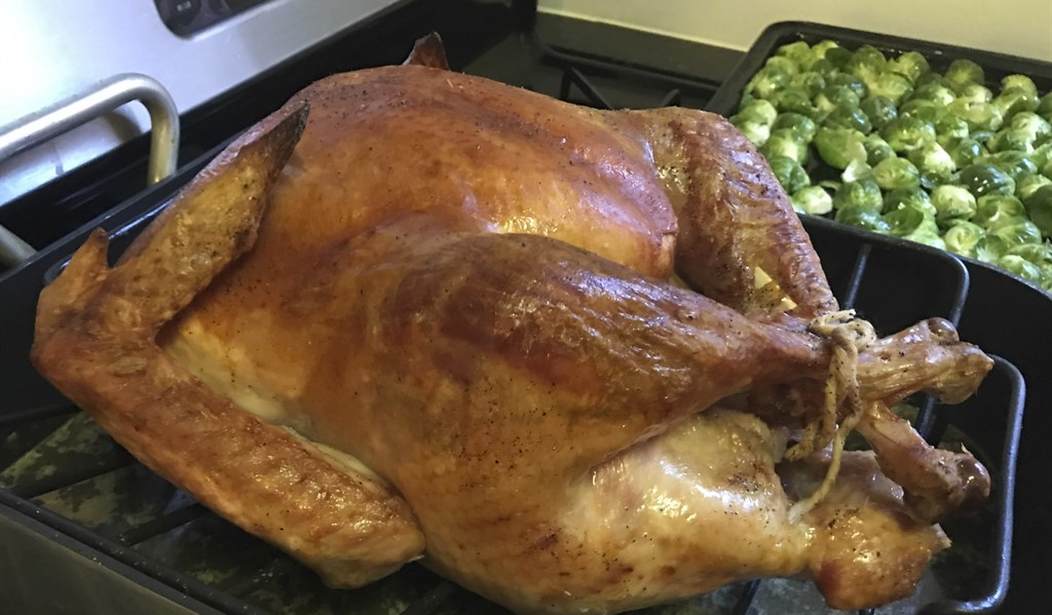Happy Thanksgiving!
But beware the "tragedy of the commons." It almost killed off the pilgrims.
Now, via Washington, D.C., it's probably coming for us.
Tragedy of the commons is a concept from an essay by ecologist Garrett Hardin. He wrote how cattle ranchers sharing a common parcel of land soon destroy that land. That's because each rancher has an incentive to put cattle on the common. Soon, the extra animals eat all the grass. Shared grazing space is destroyed because no rancher has an incentive to conserve.
If the ranchers put up a few fences and divide the land, each rancher has an incentive to limit grazing. That saves the grass and the cattle.
Sharing things and "public" property sound nice, but only private ownership reliably inspires people to conserve and protect.
No one washes a rental car.
I bring this up now because the Democrats' new multitrillion-dollar spending bills are all about expanding the commons: more free highways, free health care, free day care, free money for parents, housing subsidies, tax credits for electric vehicles, etc.
All these handouts discourage responsibility by making it easier to take from the "commons."
Save for retirement? Why? The government will cover it. Save up for college? Why? Government will give you grants and loans and then forgive those loans.
I bring this up now because this same sort of thinking nearly killed the pilgrims.
When they came to America, the pilgrims decided to share everything. The governor of Plymouth Colony, William Bradford, wrote that the pilgrims thought "taking away of property and (making it communal) ... would make them happy and flourishing."
Food and supplies were distributed based on need. Pilgrims would not selfishly produce food for themselves.
Recommended
In other words, they, like Sen. Bernie Sanders and many American young people today, fell in love with the idea of socialism.
The result was ugly. When the first harvest came, there wasn't nearly enough food. Many pilgrims died that winter. If the Wampanoag American Indians hadn't helped them, all might have starved.
It was the tragedy of the commons. No individual pilgrim owned crops they grew, so no one had an incentive to work harder to produce extra to sell to others. Since even slackers got food from the communal supply, they had no incentive to work hard.
Many didn't.
Strong men thought it was an "injustice" that they "had no more in division of victuals and clothes than he that was weak and not able to do a quarter the other could." Women had to cook and clean for other women's husbands, and they "deemed it a kind of slavery."
The shared farming, Bradford concluded, "was found to breed much confusion and discontent and retard much employment that would have been to their benefit."
When the Pilgrims ran out of food, they "began to think how they might raise as much corn as they could, and obtain a better crop ... that they might not still thus languish in misery."
Their solution was private property. They split up the collective farm and gave every family a plot of land.
That was a big success. "It made all hands very industrious, so as much more corn was planted than otherwise would have been," wrote Bradford. "The women now went willingly into the field, and took their little ones with them to set corn." Before, they "would allege weakness and inability."
Thanks to individual plots of land, food shortages turned into a surplus that became the feast we now call Thanksgiving.
"All men have this corruption," Bradford observed. In a common, everyone wants to take as much as they can.
Private property created prosperity.
This Thanksgiving, I'm thankful for private property.
It's why I can eat turkey.

























Join the conversation as a VIP Member